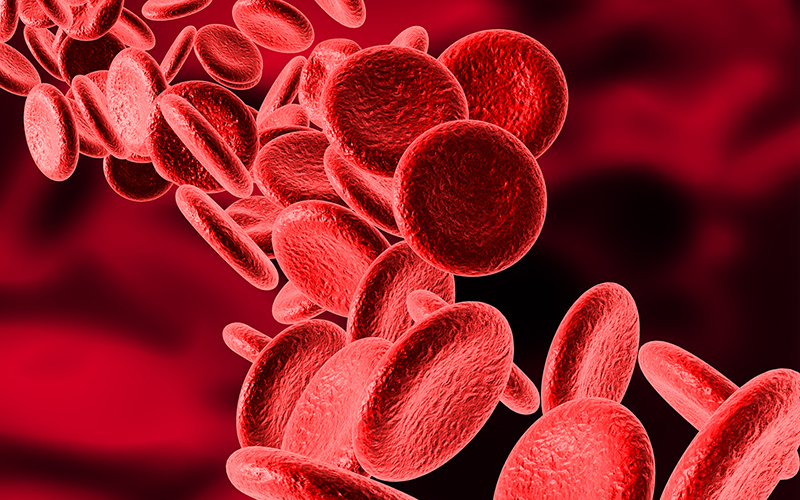 New Brunswick, N.J., September 1, 2023 –The incidence of multiple myeloma, a rare and incurable cancer of a person’s plasma cells that fight infection and disease, is more than two times higher in Black people compared to white people according to the American Cancer Society’s 2022- 2024 Cancer Facts & Figures for African American/Black People. Despite this high incidence of the disease, a vast majority of this population experience delays in diagnosis and reduced usage of effective therapies, including clinical trials.
New Brunswick, N.J., September 1, 2023 –The incidence of multiple myeloma, a rare and incurable cancer of a person’s plasma cells that fight infection and disease, is more than two times higher in Black people compared to white people according to the American Cancer Society’s 2022- 2024 Cancer Facts & Figures for African American/Black People. Despite this high incidence of the disease, a vast majority of this population experience delays in diagnosis and reduced usage of effective therapies, including clinical trials.
Currently, the wave of the future for multiple myeloma patients is targeted immunotherapy. Immunotherapy or treatments which harness the patient’s own immune system are revolutionizing the way we treat some cancers. These include treatments such as bispecific antibodies, CAR T-cell therapy and antibody-drug conjugates. Some of these modes of treatment for multiple myeloma are currently available only as part of a clinical trial. These treatments as well as well as CAR T-cell therapy and blood and marrow transplantation are available at Rutgers Cancer Institute and RWJBarnabas Health. While multiple myeloma is considered incurable, targeted therapies are helping us better manage the disease.
However, some populations are often underrepresented in existing and enrolling clinical trials for multiple myeloma. These populations include ethnic and racial minorities, older adults, individuals with lower socioeconomic status, and those residing in rural areas, who often face various barriers to participation, such as limited access to healthcare facilities, lack of awareness about clinical trials, financial constraints, language and cultural barriers, and mistrust of the medical system.
In particular, the Black population is often underrepresented in multiple myeloma trials. This is concerning because Black individuals have a higher incidence and mortality rate from multiple myeloma compared to other racial and ethnic groups. Additionally, eligibility criteria in trials may disproportionately exclude certain populations, especially the Black population, who at diagnosis may have a higher burden of disease and therefore, more evidence of organ dysfunction which further limits their representation and potentially exacerbates disparities in research findings
Addressing disparities in multiple myeloma is critical. Some strategies to address these disparities include community-based education programs, partnering with local organizations and community leaders, utilizing culturally sensitive and patient-centered communication approaches, providing language interpretation services, and addressing socioeconomic barriers through patient navigation programs. Collaborating with diverse healthcare professionals and engaging patients in shared decision-making processes can also foster trust and improve patient engagement.
Learn more about Rutgers Cancer Institute’s commitment to diversity and inclusivity in cancer clinical trials: https://www.cinj.org/minority-representation-clinical-trials-critical. View current trials open for multiple myeloma patients here.
Mansi R. Shah, MD, is a hematologist-oncologist in the Multiple Myeloma Program at Rutgers Cancer Institute of New Jersey, the state’s leading cancer center and only National Cancer Institute-designated Comprehensive Cancer Center together with RWJBarnabas Health and an assistant professor of medicine at Rutgers Robert Wood Johnson Medical School.

